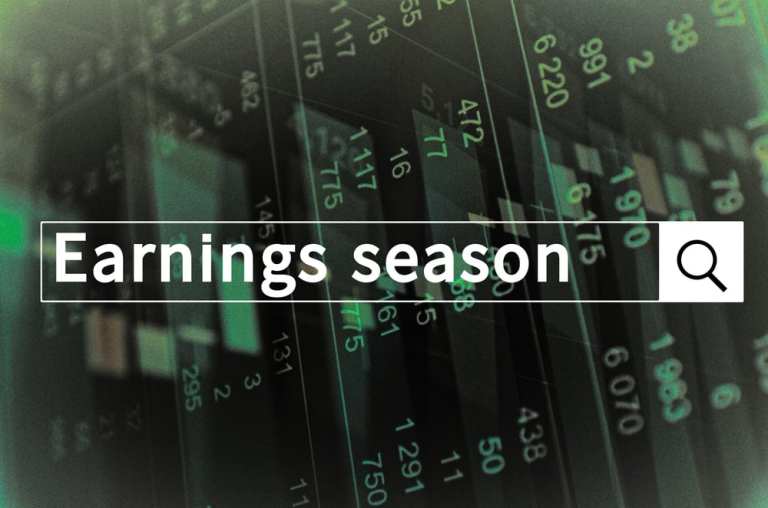Earnings Season, Where No News May Be Good News

In investing, information is king. And the markets, according to some observers, digest info quickly, and stock prices discount that information with haste.
Earnings season comes four times a year, and beyond the vagaries of stock movements, the commentary offered by management alongside the earnings numbers can be of special value in road-mapping what’s next for commerce, for the consumer and – thus by extension – for payments.
It may not be pretty, the commentary, and the road looks, well, bumpy.
As CNBC noted, as much as 77 percent of the companies issuing pre-announcements say earnings will be worse than expected, which is known on the Street as a negative pre-announcement. If you are keeping score, that is the second-worst pre-announcement record in more than a decade – since 2006, in fact.
We all know what followed 2006. In rather quick succession, various bubbles collapsed, causing the Great Recession.
Past might not necessarily be prologue to that extent. But then again, keep an eye on where the pre-announcements have been centered: in tech and in healthcare, where trade wars hit hard (due, of course, to tariffs), and hit chips and other high-performance equipment that is usually exported (say, from China to these shores). We note, too, that last earnings season, bellwethers such as Tiffany stated that declines in Chinese tourism meant – and likely still mean – that consumer dollars are less likely to flow freely, at least for items like high-end handbags.
The higher-level view is that earnings are slated to decline, at least through the first three quarters of the year. It is the multinational firms that are most likely to see the near-term pinch, as FactSet has said firms with half or more of their sales beyond our domestic shores will see earnings down near double-digit percentages.
Are there other warning signs flashing? Consider the fact that a key barometer of the propensity to spend slipped in the latest reading last month. The consumer confidence index slipped to 121.5 in June, as reported by the Conference Board, and this was the first decline after three consecutive months of gains. That was a worse reading than the 131.1 that been expected by economists’ consensus.
The trade war has indeed been weighing on outlooks, and where outlooks are muted, eventually, spending tends to drop.
Perhaps the best news that can be expected this earnings season is no news – an earnings season where the status quo reigns would be an impressive feat. In the meantime, stocks are near record highs, so … look out below?